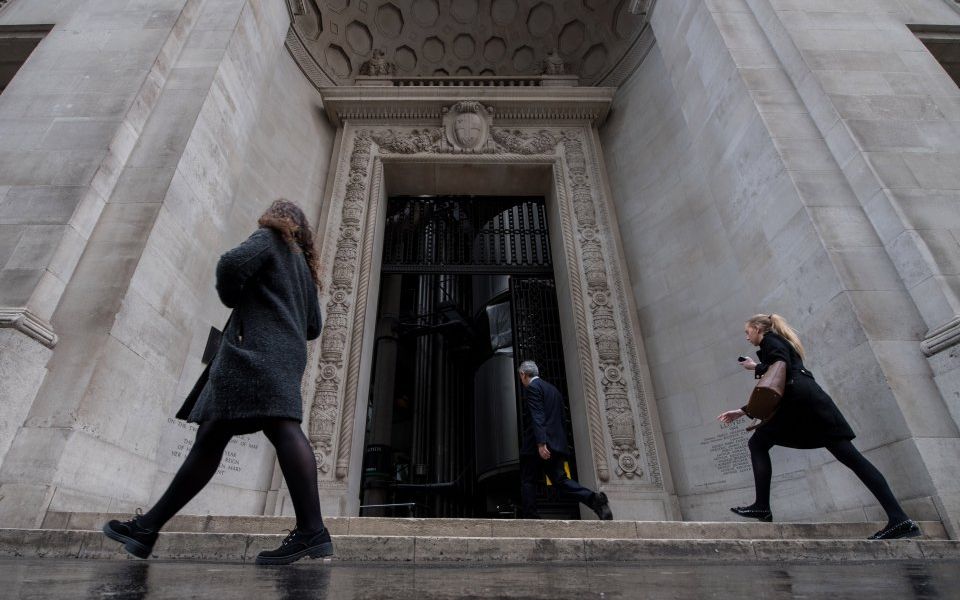Men shouldn’t be shut out of the diversity debate

How improve gender representation in business? It’s a challenge the City, with its historically male-dominated culture, has been grappling with for some time.
From all-male boards to the debate around gender pay gaps, no firm can afford to be complacent. Some City women have taken it upon themselves to provide space and support for female entrepreneurs.
Take AllBright, a female-founded group aimed at celebrating and supporting women in business. AllBright runs training and networking events for women – its tagline is “making the UK the best place to be a female leader”.
This week, it has come under fire for appointing its first chairman: Allan Leighton.
There has been much online criticism about the decision to hire a man to lead a women’s group, and the Women’s Equality Party said it seemed “at odds” with AllBright’s “mission to change the way the world thinks about female-led businesses”.
On the contrary, Leighton’s appointment reveals exactly why it’s important to involve men in the fight for gender equality. Because if we are to change the way the world thinks, we can’t exclude people who want to be part of that change on account of their gender.
No one is denying that the City has work to do. The FTSE 100 only has 25 full-time female executives, and the FTSE 250 just 30. From pay gap statistics that, though crude, show a lack of women at the top, to assumptions about childcare, to tenacious stereotypes about male and female workers, the playing field as it stands is far from level.
And none of this is going to be fixed without the active participation of men. Placing the burden of improving gender equality on the shoulders of women, as AllBright’s critics subconsciously do, both increases their unpaid workload and enables men to dodge responsibility for tackling the problem.
AllBright co-founder and serial entrepreneur Debbie Wosskow has stood by her decision. According to her, “having Allan on board demonstrates the need for men like him to be part of the solution in helping to change the economic landscape for women”. She’s absolutely right.
Of course, the business should be judged on the service it offers to its members, rather than the makeup of its leadership team. And an independent members’ club is unlikely to have much impact on equality without the continued work of businesses themselves.
But as Wosskow continued on Twitter, “bringing enlightened men with us is the way we make a change for women”. And that’s an attitude both men and women in the City should be proud to get behind.
